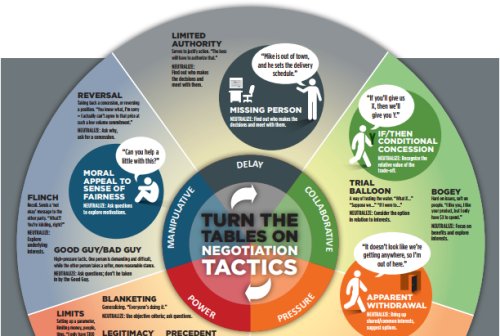When you go to the negotiation table often it appears that one side controls all the power. When the company president meets you to discuss your raise it may seem as if you are helpless and have no power at this table. However, rarely is this the case. You should examine the situation closer to find out what the truth really is.
If you want to get a raise you schedule a meeting to discuss it. If the president agrees it is because he senses a power inherent in you. If you are an employee it is likely you were taught to do your job. If you have had your job long enough to request a raise you must have done a competent job in performing the tasks assigned, showed up when you were supposed to, got along reasonably well with the other employees, did not embarrass the company in public and that sort of thing.
Think about this just a minute. It takes money to train a worker. Depending on your skills and those required by the job it could take a long while to get a replacement as good as you are. If that is important to the company, and it usually is, they will attest that this factor gives you some amount of power in the negotiation. What amount of power is dependent on the circumstances.
Nevertheless, I just wanted to point out that you are not totally powerless. Relax those fears and think about this power you just discovered you have. Be realistic. If you are the queen of late afternoon television and own the broadcasting world's title as most beloved woman alive, with magazines and syndicated entertainment shows pointing out the celebrities you have anointed, the amount of power you have is quite high. If you are the mop janitor at an all-night diner, you may not have so much. So be realistic.
Factors affecting how much weight you can throw around include the amount of attachment given by your negotiations counter-party to many things. If you are talking to the president of a small factory who has never had one employee quite or get fired in over thirty years, you may find that you can get away with a lot. He may not want to break his record in the next five years until he retires.
Another factor affecting your power includes the position you hold. A vice president of a financial investment firm may have been ineffective in some matters and that may have gotten some lesser person fired. However, because that person had been in her position since the early Victorian years and was the vice president the president may chose to merely reassign her to another department. Certainly, you have some power if the boss agrees to meet with you about your raise, and does not send you a note saying you are not getting a raise this year just because he said so. Drop those fears and get in there and fight for that raise.
